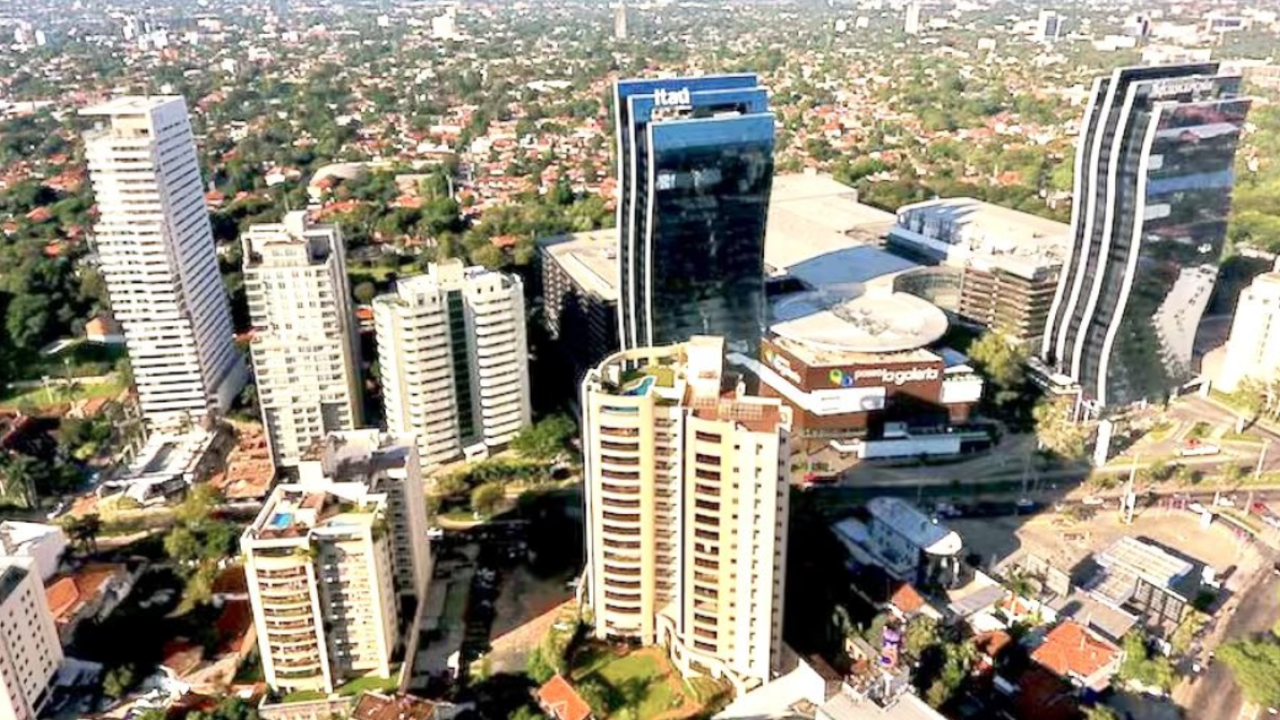
Elías Gelay said that the Guaraní country needs to have people capable of managing investment projects and of being willing to invest in such initiatives.
Paraguay requires a greater volume of investment projects to attract capital as a result of the new investment grade credit rating granted by Moody's, said economist Elías Gelay yesterday at a press conference.
The fact that the international risk rating agency Moody's has granted Paraguay investment grade represents great opportunities and challenges for the country, said Gelay, president of Cadiem Casa de Bolsa. Moody's is one of the three most important, along with Standard & Poor's and Fitch Ratings.
The statements were made at a working breakfast held at the headquarters of Cadiem Corporate, a brokerage firm, with journalists.
On the occasion, he stressed that Paraguay needs to generate more projects to take advantage of the potential of the degree of
investment, since there is currently not a sufficient volume of investment projects to which the capital flows that will be attracted by the country's new credit profile can be directed.
He also mentioned that training is key for local companies.
INVESTMENT GRADE: "WE ARE LACKING A LOT"
"We are lacking a lot, as a country and as a business group, in terms of having the capacity to manage projects and to be encouraged to invest in those projects. Something that we are going to have to develop is to start having people who know how to prepare investment projects and work as a team," he said.
As for the concept of “teamwork,” he explained that it implies the ability of companies to partner with foreign companies, which is usually done through the sale of shares.
“In the country, they are mostly family businesses, it is a cultural issue,” he observed.
In this regard, he pointed out that there is a need to increase the volume of investment projects in Paraguay. “Today we do not have large-scale projects to attract foreigners interested in investing in the country,” he indicated.
That is, by achieving a higher level of security in operations, or a lower risk, the interest rates for both borrowing and the return on investment are lowered.
For this reason, profits should now be sought in the size of the activities, and not only in the interest rates, he added.
Gelay estimated that there could be a decrease in profitability in the financial market, but that in return, this would be compensated by a higher volume of business.
“Before we earned 20% of a business worth 100; now we are going to earn 15%, but we have to have a business worth 1,000,” he exemplified. He added that since these are large investments, like Paracel, the profit will be significantly higher.
"DOMINO EFFECT" IN THE FORMALIZATION OF THE ECONOMY
The economist stressed the importance of local entrepreneurs opening up their capital in order to become allies of new players.
Otherwise, "there is a risk that investments will be received by other players competing in their sector, who could start to grow more quickly and thus reduce the profitability of activities that fail to adapt to these new rules of the game," he said.
Therefore, companies that have not adjusted their profiles to receive the capital flows that will come with the investment grade rating could begin to see their profitability decline in the face of the growth of their competition, even if they now have satisfactory margins.
On the other hand, he considered that the large investments that push towards economic development will generate a "domino effect", which will force other businesses to follow the formalization.
It should be noted that the majority of companies in the Guaraní country are classified as micro, small and medium-sized enterprises ( ), at around 97%. This sector employs 70% of the economically active population (EAP), and is, at the same time, the most informal sector.









